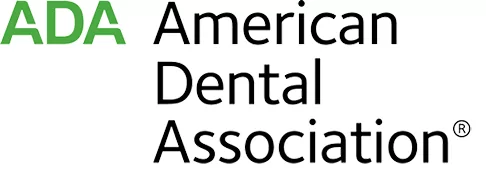What are dry sockets?
Dry sockets can develop after wisdom teeth or other adult teeth are removed. When a dry socket occurs, underlying bones and nerves are exposed in place of where a blood clot should form. Dry sockets can be extremely painful and delay healing.
How to forego dry sockets:
Follow your dentist’s directives following the surgery
- Keep your mouth clean with a gentle saltwater rinse every few hours (your dentist may also prescribe an antibacterial rinse)
- Don’t use a straw until the extraction site has healed
- Avoid hard foods
- Brush teeth delicately and avoid the extraction site
- Drink plenty of fluids
- Avoid strenuous activities
- Treat swelling by holding an ice pack to your cheek
- Avoid smoking and drinking alcohol
Gently flushing out your empty sockets after getting your wisdom teeth removed is a good idea for a couple weeks after the procedure. Your dentist may recommend that you use a syringe to cautiously flush out your sockets. However, if you do develop dry sockets, it is even critical to sanitarily flush out the sockets regularly.
How to treat dry sockets:
- Flush out the affected area
- Stop smoking or drinking if necessary
- Follow your dentist’s recommendations
When to go to a dentist or Boise urgent care dental clinice:
Tooth pain should be manageable through use of pain relievers, however, if pain relievers do not work then it is probably time to see a dentist. At Blaisdell Family Dentistry, we treat all patients with dental pain, regardless of the cause.
Note: Some studies show a link between dry socket and oral contraceptives. Ask your dentist if you’re at risk. Other medications may prevent a proper blood clot from forming.
Contact Blaisdell Family Dentistry:
208-377-9696
Location (Tap to open in Google Maps):
8877 W Hackamore Dr
Boise, Idaho
83709





